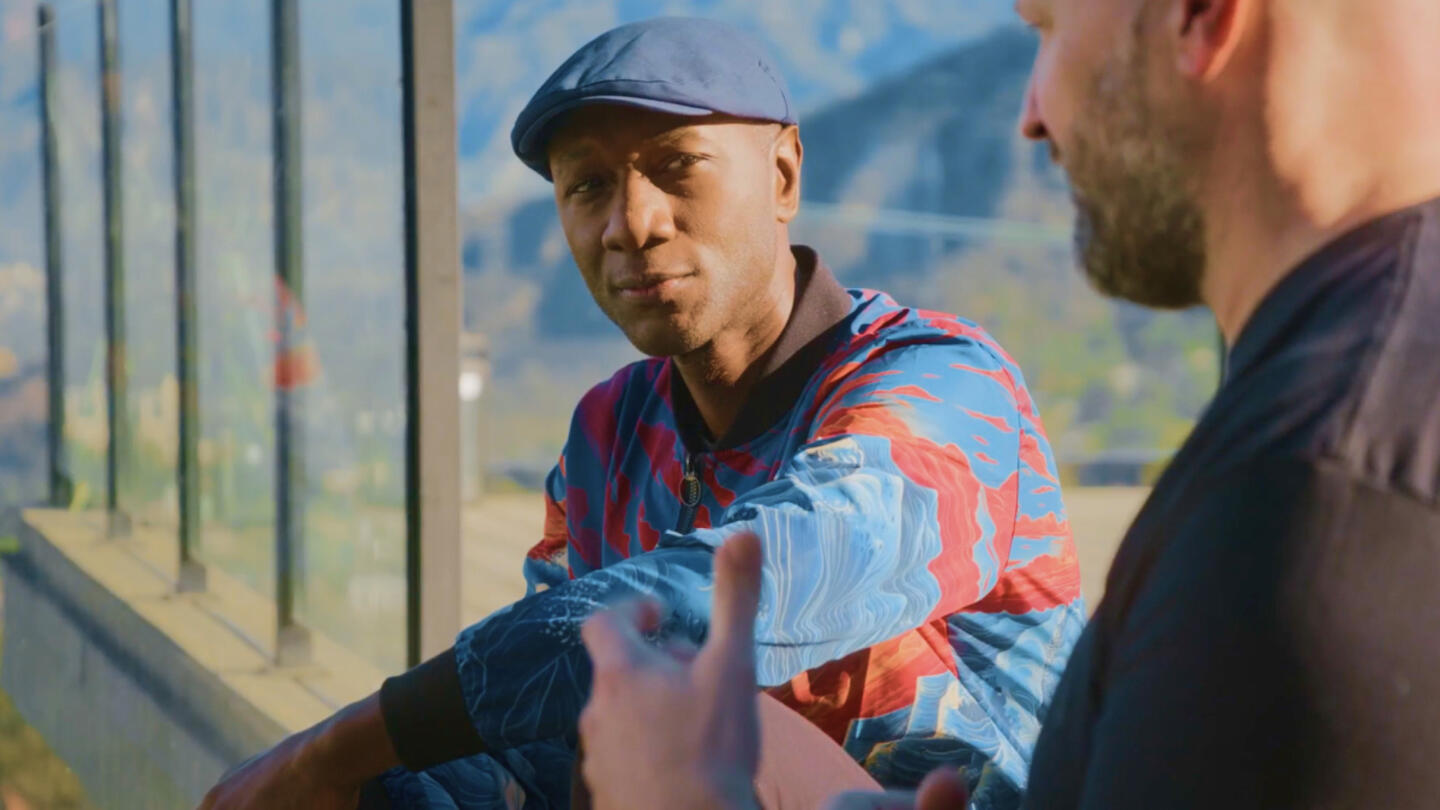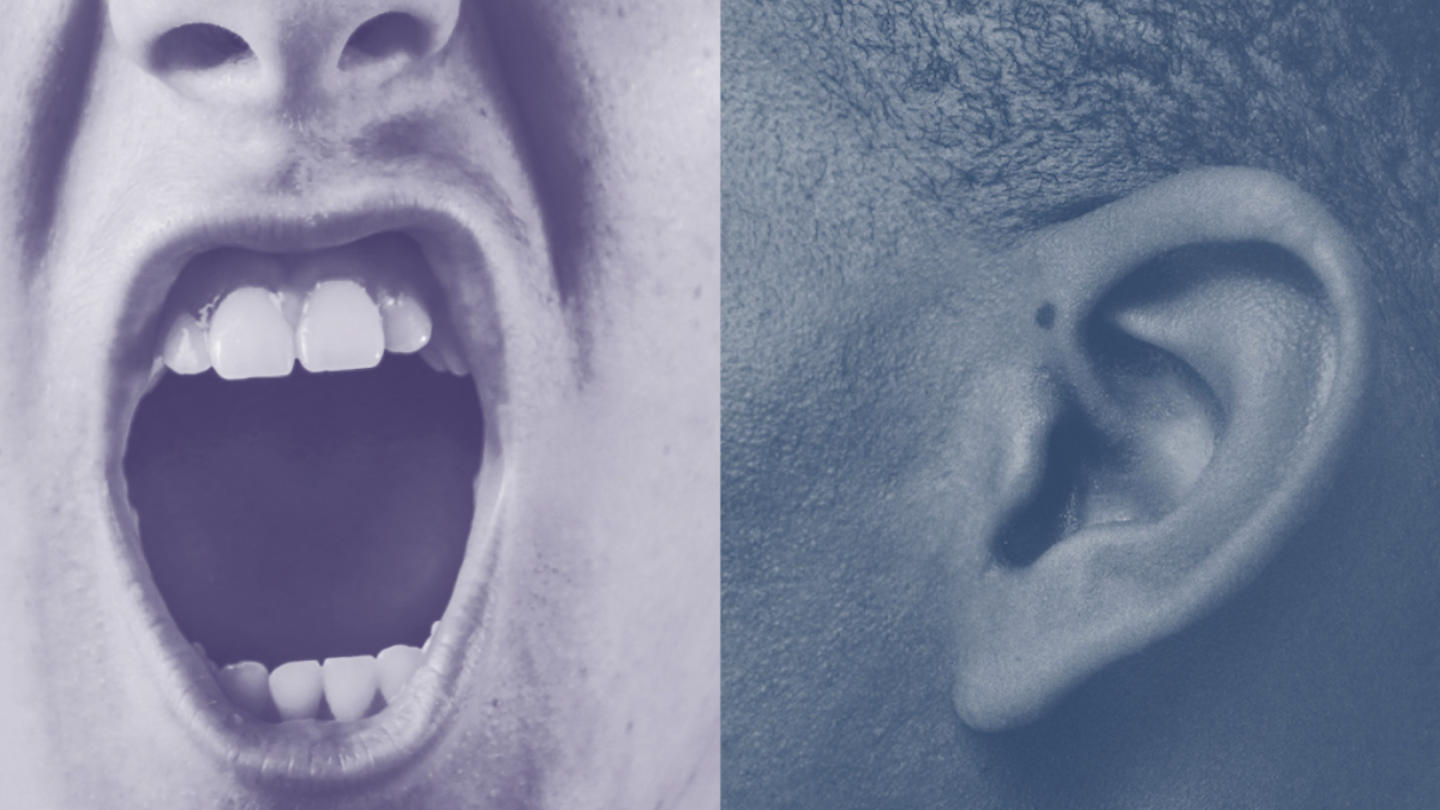Are American college campuses fueling political divisiveness?
The Foundation for Individual Rights and Expression (FIRE) says many university environments aren't embracing diversity and are becoming more intolerant.
FIRE, which advocates for free speech rights on and off-campus, recently released its 2024 College Free Speech Rankings. More than half of the 55,000 students surveyed said they were afraid they might damage their reputation if they say or do the wrong thing. A quarter of students said they "feel pressure to avoid discussing controversial topics in their classes."
Pew Research Center finds that Americans feel more politically divided than they have been at any point in the last 50 years. Along with polarization comes attacks on civil liberties and a growing belief that political violence is justified.
"People don't want to communicate across lines of difference," says Simon Greer, founder of Interfaith America's Bridging the Gap program. "They want to hunker down with their friends where they feel safe, and secure, and validated."
Greer says tolerance and empathy are skills that can be learned.
He created Bridging the Gap after his own personal journey from political divisiveness to bridge building. "I found it to be very powerful. I was curious about whether other people felt the same," Greer says.
Being able to voice an opposing view or genuinely listen to one is uncomfortable. It can even be down right scary. It takes courage, conviction — and, well, training.
Interfaith America's Bridging the Gap project is training students on college campuses across the country. Students learn how to engage with people that they disagree with — sometimes deeply. They learn that bridge building isn't about judgment or blame or trying to get the other side to take responsibility for the problem. It's about being open and curious about the other person's experiences.
Since 2020, 70 colleges and universities and over 1,000 students from those campuses have engaged with Bridging the Gap programming in some capacity.
Political divisiveness spreads on campuses
College campuses long served as places where students could expand their worldviews by engaging directly with new people and new ideas. But recently more and more students support shutting down ideas they oppose.
"More than two in five students (45%) said that students blocking other students from attending a speech is acceptable to some degree, up from 37% last year," according to research done by College Pulse and FIRE. "And more than a quarter of students (27%) said that using violence to stop a campus speech is acceptable to some degree, up from 20% last year."
Cancel culture is a huge problem. Cancel culture, as FIRE President Greg Lukianoff defines it, is "the successful attempt to get people punished, expelled, (or) otherwise de-platformed for saying things that would otherwise be protected as free speech."
The FIRE report says that deplatforming — attempts to sanction students, student groups, and faculty, as well as campaigns to prevent speakers from talking on campus — has surged since 2020. The five lowest ranking universities have a combined deplatforming success rate of 81%. Three of the schools were 100% successful.
All this leads to a culture of disrespect and demonizing those with different views as the "other." Interfaith America wants to confront these trends head-on.
"If we don't love the people, I don't think we're going to get anywhere," says Greer. "If we don't take seriously the things that they care about, why would they take seriously anything you care about? And if convincing [other people] was so easy, we would have won. But I just want to understand them."
Bridging the Gap trains students to be open and curious
We all have stories that inform our feelings about certain topics. Bridging the Gap helps students understand their own stories, which teaches them to listen to other people's stories with curiosity instead of judgment.
When students listen to each other, instead of following up with, "Here's why you're wrong," or "I can't believe you did that," they learn to say, "Can you tell me more about that?" and "What was that like for you?"
They're taught to treat every person's experience as authentic and deserving of respect.
To give the lessons an element of real life, Bridging the Gap brings students from different universities together — often one conservative and one liberal. Facilitators train them for a full semester and then they visit each other's campuses. They work together on a policy issue by learning about it, listening to experts from various political ideologies, finding common solutions, and presenting policy recommendations to government officials.
The first cohort was from Spring Arbor University, a Christ-centered school in Michigan and historically left-leaning Oberlin College in Ohio. Tina Grace, now Bridging the Gap's program manager, was a student in that cohort. She says she was shocked when she asked a student from the other university what they thought of a speaker they had both just listened to.
Grace recalls, "I thought, 'Wait, you heard that person say this, and you just assumed a whole different thing than what I just heard.' And then we had to talk about it."
Her biggest takeaway from the experience: "I can still be friends with people I deeply disagree with."
Another cohort, this one from two colleges in California, wanted to engage on LGBTQ issues.
Grace says facilitators were skeptical at first. "We weren't sure what to do. We looked at each other and said, this feels like it can go in various ways."
The students surprised everyone, even themselves. "We didn't give the students enough credit," says Grace. "They definitely had some disagreements as we read statements about what they believe. It was a spectrum of students. It was so respectful. They were so genuine and honest and open."
Sign up for the Strong & Safe Communities newsletter for stories, ideas, and advice from changemakers working with their neighbors to address the biggest problems we face.
Bridging the Gap is teaching universities how to end polarization
Interfaith America has begun to scale Bridging the Gap.
Each summer at Interfaith America's Leadership Summit they equip more than 50 educators from campuses around the country to run Bridging the Gap programming at their own institutions.
They offer grants to support campus implementation of the program. Thus far, over 30 institutions have received a grant or applied for one.
Rebecca Russo, Interfaith America's senior director of higher education, says, "College at its best is a space where we can challenge ourselves by hearing a wide diversity of perspectives — including and especially things that are hard for us to hear and then to reflect on why those are hard for us to hear, and what in our own lived experience forms our own opinions."
"If college isn't doing that," she continues, "We're doing a disservice to students."
Greer says Bridging the Gap is an investment in the next generation of leaders.
"It's not like signing a pledge," he says. "Pluralism, diversity, inclusivity, dialogue, civility. Those are all fine words, but I'm less interested in the proclamation and more in the practice. We need, at scale, incoming students learning how you listen differently."
***
Interfaith America is supported by Stand Together Trust, which provides funding and strategic capabilities to innovators, scholars, and social entrepreneurs to develop new and better ways to tackle America's biggest problems.
Learn more about Stand Together’s efforts to build strong and safe communities and explore ways you can partner with us.

At this ‘resort,’ children with intellectual disabilities are seen as gifts to be celebrated and loved.

Veterans experience loss when leaving service. Could this be key to understanding their mental health?

The Grammy-nominated artist is highlighting the stories we don’t get to hear every day.

With his latest project, Blacc isn’t just amplifying stories — he’s stepping into them
